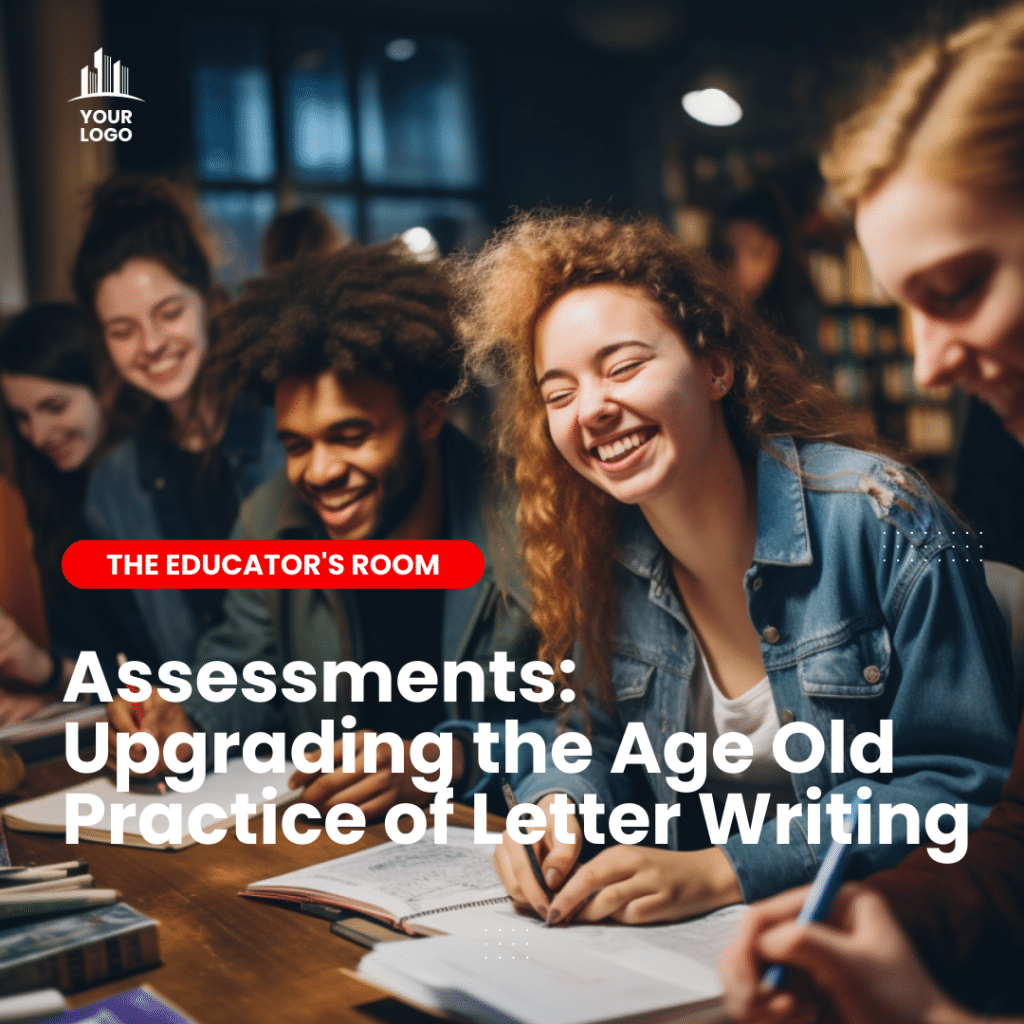Letter Writing: I was excited when my Hungarian pen pal’s letter arrived. The Cold War had ended, and I was curious to know more than textbooks could share about life under communist rule. I savored each letter as if it were a dessert and took great care in sending back a response. My pen pal’s knowledge of politics and poetry was the impetus for a sudden interest in my state’s history, traditions, and landscape. Seven years of exchanges culminated in visits and my career choice of teaching world history.
The Common Core does not specify a need for letter writing, but keeping pen pals is an authentic task that sparks an interest in writing with meaning. Being 2,000 miles away from our home in Vermont and my husband has made me consider how people stay connected. Daily Facetime chats keep my daughter close to her Flatdaddy and inspire us to combine this with a pen pal project. Teachers in the New Mexico and the Vermont classrooms agreed to the exchange and to pilot video chats. Communicating in diverse media formats is a goal of the Common Core, but more importantly, it increases students’ desire to view school as a source of adventure. Organizing the exchange reminds me that integrating age-old teaching practices with new technologies has many positive outcomes.
Two Different Schools
Two schools in two different regions of the country are now on par with the use of technology. Our Vermont school had more liberty using tech tools and applications than New Mexico. Flatdaddy’s role as a tech integrationist, a presenter at the NMTIE conference, and an involved parent helped persuade the school system to converse about its reluctance to provide student access to Skype. Assurances on our behalf to help with the set-up led to cautious approval. I believe that allowing time for input, voicing concerns, and team support resulted in change that is now the model for other classrooms to follow. A quick review of Common Core standards reminded me of the need to establish agreed-upon rules for discussions for all involved (CCSS.ELA- Literacy SLc.1a).
Letter Writing is Publishing
Letter writing is publishing. The author’s awareness of the intended audience is the incentive to write with meaning. These 40 students began the exchange with short, one-paragraph letters. When students in New Mexico progressed to double-sided letters, questions, and cartoon drawings, the Vermonters responded with equal length and enthusiasm. Sincerity and emotional curiosity raised the bar indirectly. Unintentionally, both second-graders wrote narratives with details describing actions, thoughts, and feelings and cared enough to want to learn how to finish a writing piece with a sense of closure. (CCSS.ELA-Literacy.W.2.3)
The Perfect Medium
Technology is a perfect medium for connecting students to regional similarities and differences that they can not extrapolate from reading alone. As a high school teacher, I unfortunately have observed high school students who made common errors in thinking that New Mexico or Vermont did not matter. Bound by positive dialogue, these students will not likely make this mistake. Flatdaddy started the first Skype chat with a series of questions, requesting that all involved schools show their knowledge by raising their hands.
How many students went skiing last weekend? What many students have cacti in their backyard? Which students have pets? Who can tell me what temperature it is outside? Other “who can tell me” questions stimulated requests for individuals to raise questions. A New Mexican student used his speaking opportunity to ask why his pen pal missed the last letter exchange. His admonition and his apparent disappointment brought a sincere promise to write about snow and other winter activities. Overall, this made me realize that these continuous conversations will:
- Build on others’ dialogue in conversations by linking their comments to the remarks of others (CCSS.ELA-Literacy.SL.2.1b).
- Ask for clarification and further explanation as needed about the topics and texts under discussion (CCSS.ELA-Literacy.SL.2.1c).
- Ask and answer questions about what a speaker says, clarifying comprehension, gathering additional information, or deepening understanding (CCSS.ELA-Literacy.SL.2.3).
Collaboration is Key
Parents and teacher collaborations were successful. Acting as a parent, I learned to respect both teacher’s methodologies and the management of the classrooms. Flatdaddy and I suggested the pen pal program but offered to volunteer in a role they structured, following the rules that teachers stipulated. Despite success or failure, we expressed the utmost respect for our teachers before initiating this exchange. We shouldered the responsibilities of acquiring school permissions, setting up equipment, and downloading Skype to computers. These are time-consuming tasks that deter a busy teacher.
Interactions are Needed
I wish I could include pictures of our Skype interaction. Students from both classrooms were fully attentive, straining to see their pen pal for the first time, waving hands to show similar responses, and jumping up to ask questions. The session was short (25 minutes), ending with Simon Says and a promise to video chat in smaller groups. Knowing they could write about an idea not shared in conversation was empowering. With the desire to want to communicate well, students appreciate writing prompts. Each teacher emailed images of their perspective playgrounds, with the prompt being a student’s description of their enjoyment of their playground equipment. This activity was met with much enthusiasm from everyone involved. Basically, writing prompts could address:
- Other who, what, where, when, why, and how questions (CCSS.ELA-Literacy.RI.2.1).
- Or describe the connection between a series of events, ideas, or steps in procedures (CCSS.ELA-Literacy.RI.2.3).
Letter writing is life-changing. My daughter’s best friend frowned at writing until our move to New Mexico prompted her mother to organize a visit. She came and experienced the smell of roasting chiles, canyon hikes, and backyard cacti for the first time. She visited the elementary school and made new friends. We stay in touch by phone calls and video chats, but she has sent cards, short stories, and drawings reminiscent of her time in the Southwest. She yearns to return, and I do not doubt that she will.







Thanks so much for this awesome article! I'm one of those who has always enjoyed writing – and who today can only rarely resist posting a comment when I have a strong reaction to a piece I read. Your Pen Pal Project promotes so many valuable connections it goes way beyond requirements of the Common Core and any other standards. Have you considered somehow adding it as a best practice?
Wow. Thank you for this comment. It certainly is a best practice. I love that it is a practice that has survived the test of time with so many wonderful teachers and yet it can evolve. It is a practice that brings different generations of teachers together, don't you think?
Love reading your article ! thanks so much for all you've done for this little community school . I hope all you have initiated will continue !
I've come to read the letter as it reminds me of my childhood days when I'd done the same letter writing to my crushes.
I’ve explored the article on “Assessments: Upgrading the Age-Old Practice of Letter Writing” on The Educators’ Room, and I’d like to share my insights. Your article presents a thought-provoking perspective on the modernization of assessments, specifically focusing on the traditional practice of letter writing.